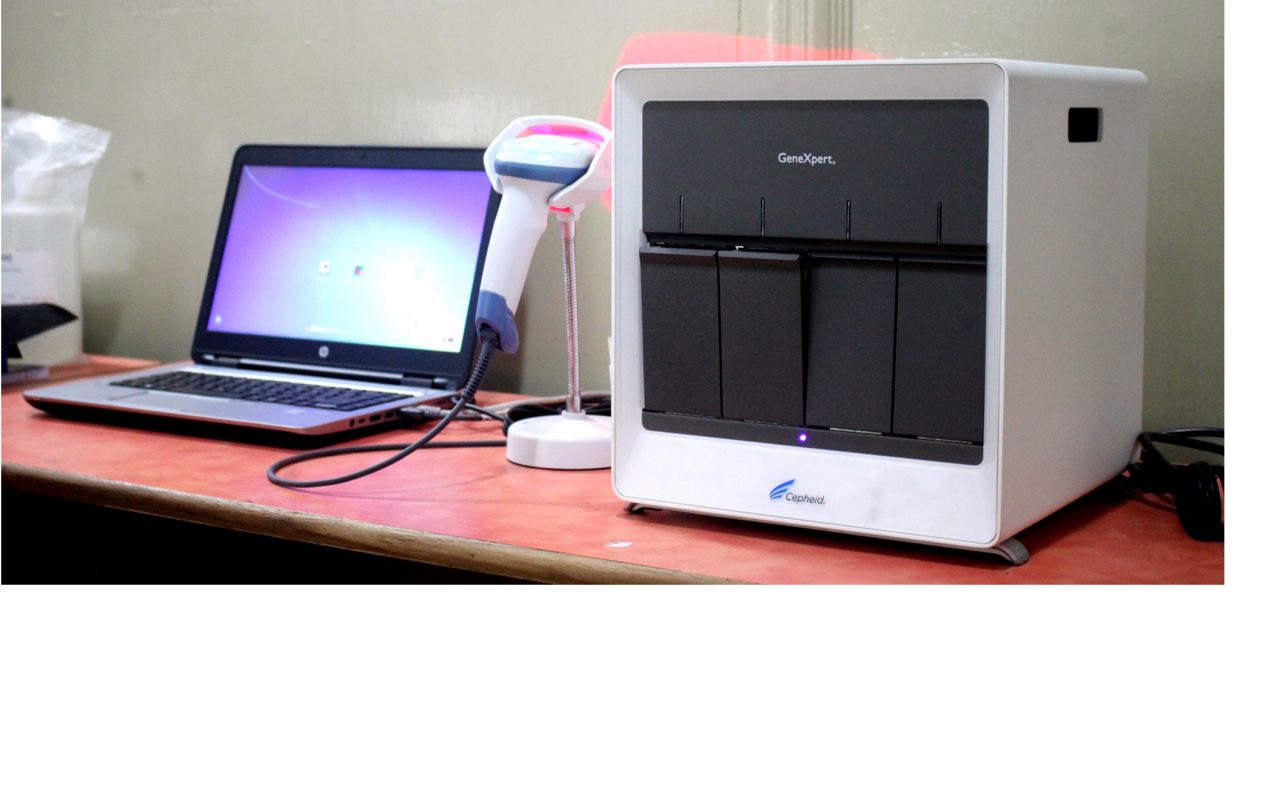Polymerase chain reaction (PCR) is a common laboratory technique used to make many copies (millions or billions!) of a particular region of DNA. This DNA region can be anything the experimenter is interested in. For example, it might be a gene whose function a researcher wants to understand, or a genetic marker used by forensic scientists to match crime scene DNA with suspects.
Typically, the goal of PCR is to make enough of the target DNA region that it can be analyzed or used in some other way. For instance, DNA amplified by PCR may be sent for sequencing, visualized by gel electrophoresis, or cloned into a plasmid for further experiments.
PCR is used in many areas of biology and medicine, including molecular biology research, medical diagnostics, and even some branches of ecology.


